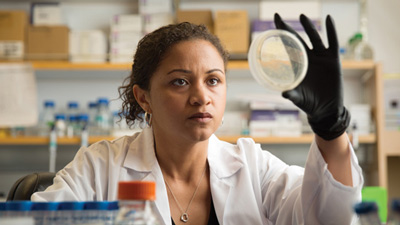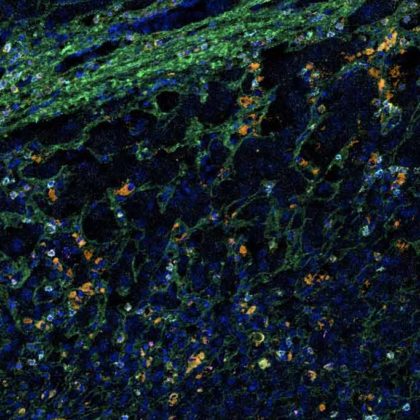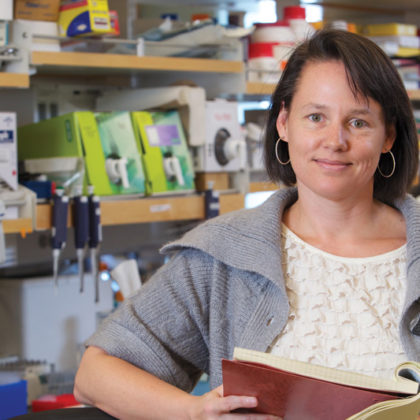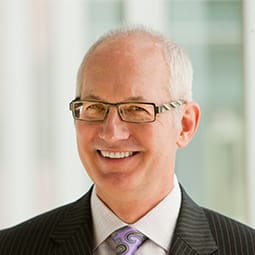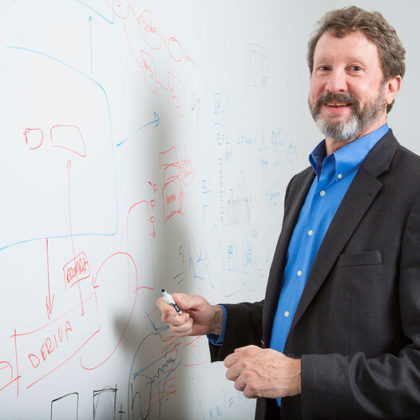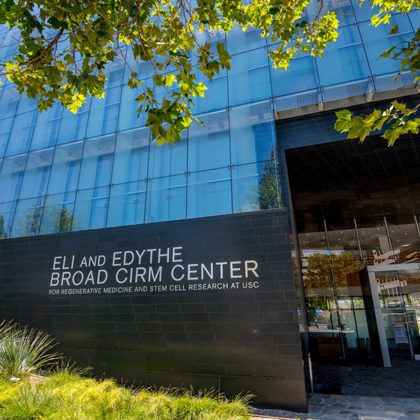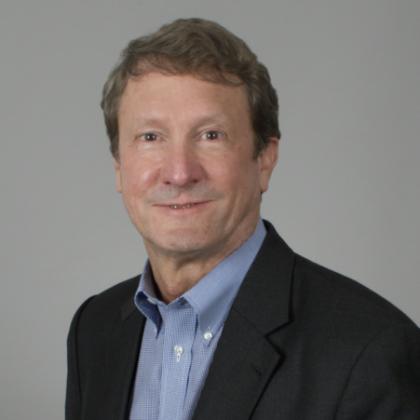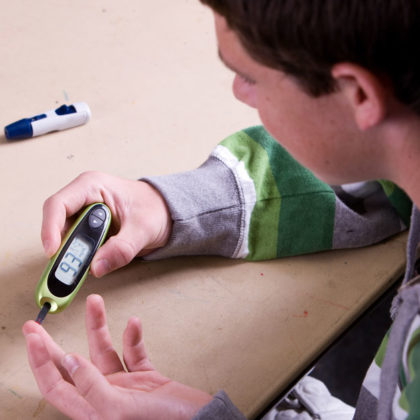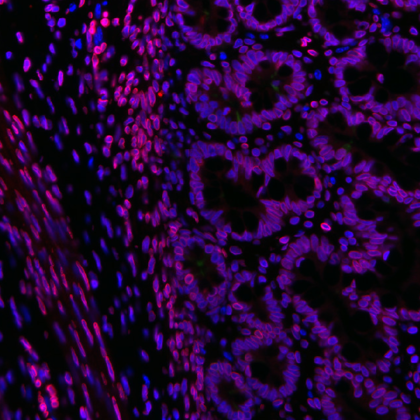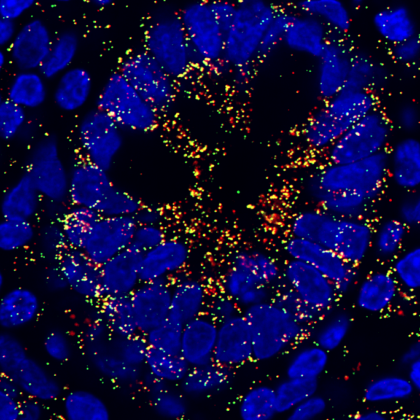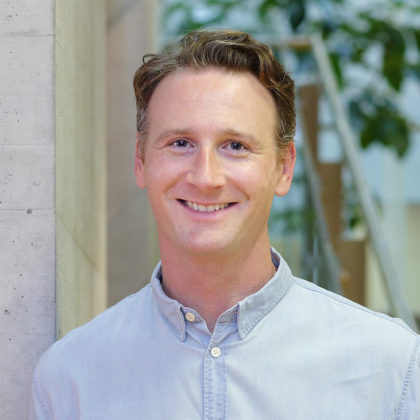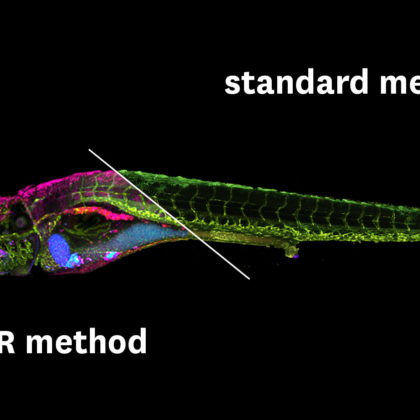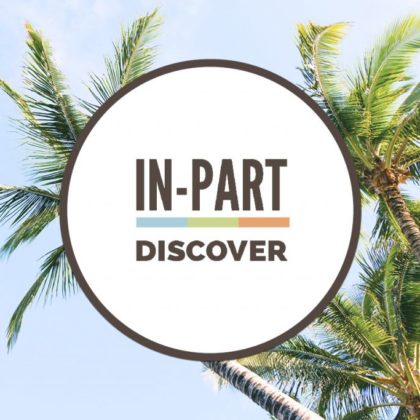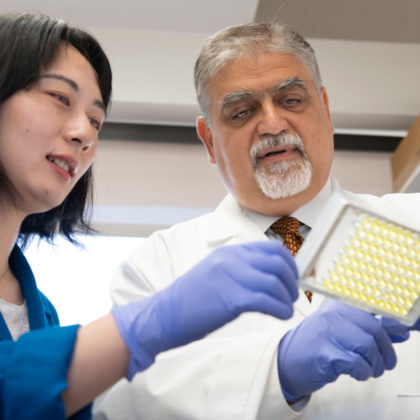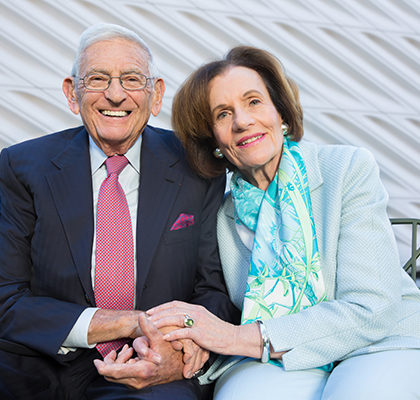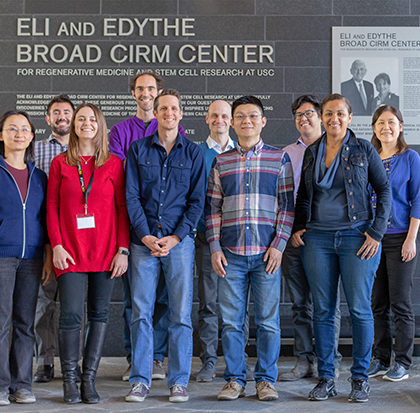Can COVID-19 cause diabetes?
Can the novel coronavirus—SARS-CoV-2—cause diabetes? No one knows, but Senta Georgia, PhD, is trying to find out. Dr. Georgia, an investigator in The Saban Research Institute of Children’s Hospital Los Angeles, recently …
A high-tech look at rejection in pediatric liver transplants
Surgeon-scientist Juliet Emamaullee, MD, PhD, spends much of her time seeing patients and performing pediatric liver transplants at Children’s Hospital Los Angeles. But you’ll also find her in the lab—studying how to …
USC pediatric surgeon aims to heal infants using stem cells
Tracy Grikscheit helps babies with digestive disorders. Stem cells could help her develop life-changing treatments. It’s an instinct many surgeons have: Whatever you have to remove, replace it with something better. Something …
Treatment for Inflammatory bowel disease doesn’t always work; new study uncovers why
Inflammatory bowel disease (IBD) affects more than 70,000 children in the United States and the prevalence is rising. In fact, 25% of the 3.1 million individuals with IBD present before 21 years …
USC biological imaging innovator elected to National Academy of Medicine
Scott Fraser, Provost Professor of Biological Sciences, Biomedical Engineering, Physiology and Biophysics, Stem Cell Biology and Regenerative Medicine, Pediatrics, Radiology and Ophthalmology, has been elected to the National Academy of Medicine. Fraser, …
California’s biggest stem cell experiment: The impact of the stem cell ballot proposition at USC
In 2008, USC broke ground on an $80 million building dedicated solely to stem cell research and regenerative medicine. The plans called for a monolithic structure clad in black marble and reflective …
USC’s Scott E. Fraser elected to National Academy of Medicine
USC biophysicist Scott E. Fraser, PhD, has as been elected to the National Academy of Medicine, the organization announced Monday. He’s among 100 new members of the Academy. “For integrating biophysics, quantitative …
Treating type 2 diabetes in youth
The occurrence of Type 2 diabetes in youth is increasing, yet the ability to control the disease by regulating blood glucose levels has proven difficult for this age group. A study published …
Studies suggest a fasting diet could boost breast cancer therapy
A USC-led team of scientists has found that a fasting-mimicking diet combined with hormone therapy has the potential to help treat breast cancer, according to newly published animal studies and small clinical …
New award supports study of why females age differently than males
A new research project led by USC Leonard Davis School of Gerontology Assistant Professor Bérénice Benayoun aims to learn more about why female mammals, including humans, age differently than males. Sex dimorphism …
Growing nerve cells in the gut
The human body has what is sometimes called a “second brain” in the digestive tract. The enteric nervous system (ENS) performs many vital functions, including coordinating the movement of food to allow …
Fasting plus vitamin C proves effective for hard-to-treat cancers
Scientists from USC and the IFOM Cancer Institute in Milan have found that a fasting-mimicking diet could be more effective at treating some types of cancer when combined with vitamin C. In multiple …
The Broad Foundation brings together stem cell scientists, engineers and physicians at USC and beyond
Developing new stem cell therapies requires more than a solo biologist having a eureka moment alone in the lab. Real progress relies on collaborations between biologists, engineers and physicians. That’s why The …
What and when we eat affects our immune system. Here’s how.
Professor Valter Longo, director of the USC Longevity Institute, is investigating how fasting and diets that mimic fasting’s effects can help immune function, including vaccine efficacy and the body’s response to infection …
Design redundancy is in our DNA
Design redundancy is not only an invention of engineers for building machines, but also a principle of nature for designing organisms. This principle is at play in the regulation of the genes responsible for directing stem cells to multiply themselves in the developing mouse embryo, as described in a new study in Science Advances.
From detecting lung cancer to spotting counterfeit money, this new imaging technology could have countless uses
USC scientists have developed a new tool to peer more deeply and clearly into living things, a visual advantage that saves time and helps advance medical cures. It’s the sort of foundational …
USC finds new routes to industry engagement and funding
Story courtesy of In-Part Over the last year, Dr. Qing Liu-Michael, Program Director at USC Stem Cell and the Eli and Edythe Broad Center for Regenerative Medicine and Stem Cell Research at …
Breakthrough in testosterone-producing cells could lead to treatment for “low T”
USC researchers have successfully grown human, testosterone-producing cells in the lab, paving the way to someday treat low testosterone with personalized replacement cells. In Monday’s Proceedings of the National Academy of Sciences, scientists …
$10 million gift from Broad Foundation advances USC stem cell research on aging-associated disease
USC’s groundbreaking stem cell research and training programs have received a major boost thanks to a $10 million gift from the Eli and Edythe Broad Foundation. The donation is part of the …
USC Stem Cell junior faculty balance babies with biomedical research
Growing stem cells isn’t just something junior faculty do in the lab. Eight of the junior faculty in the Department of Stem Cell Biology and Regenerative Medicine recently welcomed new babies into …
